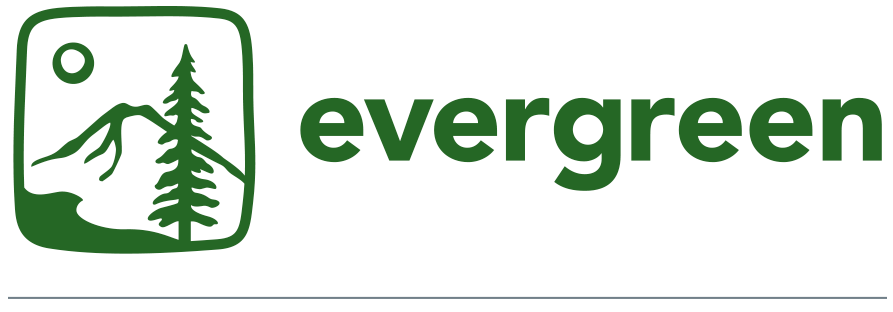LTC Salon | Seminar
Julie Russo is the 2023-2024 Learning and Teaching Commons Faculty Scholar. Her salon series provides an informal space for faculty discussion of teaching practices and challenges. See her complete bio on our website.
- Seminar talk is distributed equitably among the learning community.
- All participants understand how to participate effectively.
- Seminar is appropriately scaffolded to support the developmental needs of the learning community.
(e.g., first week, mid-quarter, end of quarter; specific features of the LC dynamics, etc.) - Participants are well prepared for the discussion.
- The effort required to prepare is well-aligned with the learning outcomes for the seminar.
- The preparation, discussion, and reflection protocols are well suited for the mode of learning.
(e.g., online, face-to-face, asynchronous discussion) - The seminar leads to a robust shared understanding of the topics, issues, and dynamics among the learning community.
Learning and Teaching Commons @ The Washington Center
student-centered ~ equity-minded ~ inquiry-oriented ~ committed to access and excellence
Join the Teaching at Evergreen Canvas Course!
EMAIL: learningandteaching@evergreen.edu
TEL: 360-867-6611
OFFICE: SEM 2 E3115



